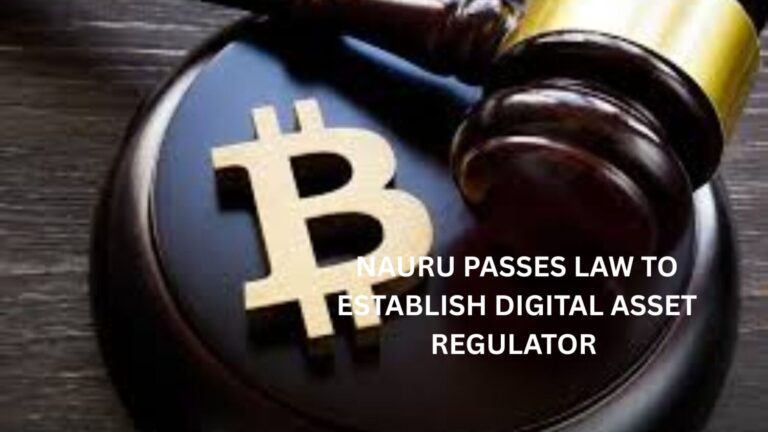Key takeaways:
- Binance US was granted permission by the Southern District of New York judge to purchase the assets of Voyager Digital.
- The objection from SEC was deemed “vague” by the court presiding over the case.
Voyager Digital, a bankrupt cryptocurrency lender, got court permission on Tuesday to sell its assets and transfer its customers to Binance US in a $1.3 billion deal, but the company still needs to clear some more obstacles before the sale is finalized.
United States Securities and Exchanges Commission was beaten by Binance US, Binance’s American subsidiary (SEC). Bloomberg reported that the American cryptocurrency exchange had gained the right to purchase the assets of Voyager Digital. After four days of testimony, Southern District of New York bankruptcy judge Michael Wiles approved the cryptocurrency swap. The judge rejected the allegations made by the SEC.
Early in January 2023, the commission submitted a brief objection to the purchase. The commission’s primary concern was how the US cryptocurrency exchange could afford such a sizable transaction. The regulatory body also asserted that the exchange might have broken securities law and that certain aspects of the transaction broke federal law.
However, the judge considered that the SEC’s objection was “vague.” Judge Wiles addressed the violation of the securities laws and claimed that the commission failed to provide corroborating documentation. The judge also emphasized that the commission delayed raising red flags until the last moment.
The court supported approving the agreement, stating that he would still consider the confirmation order. Before the transaction can be completed, Binance US may still need to overcome some legal obstacles. Following the decision, the value of Voyager’s VGX coin increased by more than 8%.
The proposal, which was put together after the previous bidder FTX itself sought bankruptcy protection in November, received backing from 97% of the creditors of Voyager. It would allow them to recover almost three-quarters of their holdings if approved.
Several witnesses testified in court on various complex issues, including whether personal information would be given to Binance US as part of the agreement and why the transfer was preferable for creditors to an instant liquidation.
Creditors questioned Voyager’s financial advisors about issues like how to handle customers in states like New York, Texas, Vermont, and Hawaii, where authorities forbid Binance US from operating, and how to handle more exotic types of cryptocurrency assets.
Other barriers to the transaction, primarily those put up by cautious regulators, seem to have disappeared. The Securities and Exchange Commission’s complaints were met with disapproval by Judge Wiles early in the hearing. According to earlier court documents, Voyager and the Federal Trade Commission agreed to prevent Voyager from getting involved in an investigation into deceptive marketing.
Other issues brought up by parties included the potential sharing of Social Security numbers and other user data with Binance US and the potential storage of such data in foreign databases. No employees of Binance US would have access to this kind of material, according to an attorney for the company.










